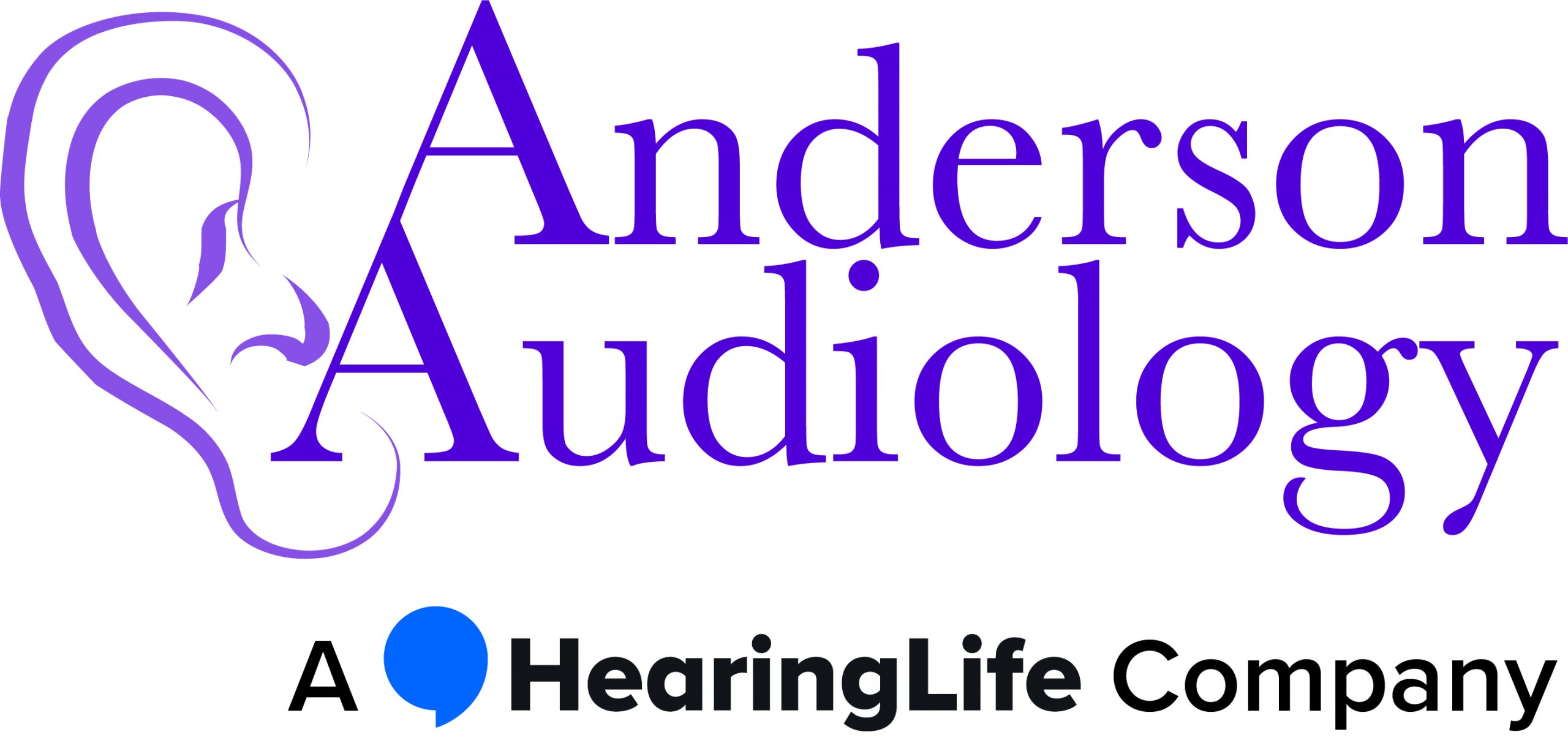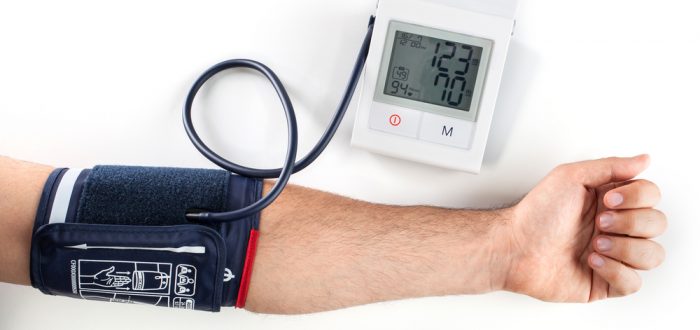It’s estimated that 68 million adults in the U.S. have hypertension, or high blood pressure, according to the Centers for Disease Control and Prevention (CDC). That equates to 1 in 3 U.S. adults experiencing high blood pressure. Further estimates show that up to 20% are unaware of the condition.
Healthline defines high blood pressure as occurring “when your blood pressure increases to unhealthy levels.” Your heart pumps blood around your body continuously. Your blood pressure is a reflection of how much resistance your blood meets as it travels through your blood vessels and arteries. Narrowing of the vessels and arteries increases pressure. This can have a wider reaching impact on your body.
High Blood Pressure And Your Hearing Health
Your ears are a delicate system. They rely on a network of blood vessels and delicate hairs to help you hear. When one element of this system is damaged, it can affect your ability to hear.
High blood pressure can affect blood vessels throughout your body, including your ears. Research has linked increased rates of hearing loss in individuals with hypertension. One study, published in the National Center for Biotechnology Information (NCBI) found “the existence of an association between hearing loss and arterial hypertension in individuals aged between 45 and 64 years.”
Are Ringing Ears a Sign of High Blood Pressure?
Ringing ears, also known as tinnitus, is when you can hear a sound that is not being produced outside of your body. People with tinnitus may repot hearing a variety of sounds, including:
- Buzzing
- Ringing
- Clicking
- Hissing
- Roaring
- Rushing
Tinnitus is generally an indication of an underlying health problem. Commonly, tinnitus is linked to hearing loss. Up to 90% of individuals with tinnitus also have a hearing loss. If you are experiencing symptoms of tinnitus, we recommend that you book in an appointment with your local hearing healthcare professional.
Other conditions that can cause tinnitus include:
- Earwax buildup
- Ototoxic medication
- Exposure to loud noise
- Ear infection
- Allergies
- Migraines and / or headaches
- High blood pressure
Why Does High Blood Pressure Cause Tinnitus?
Research is increasingly showing the links between high blood pressure and hearing loss. The connection relates to how your blood moves around your body.
The CDC defines high blood pressure as: “blood pressure that is higher than normal. Your blood pressure changes throughout the day based on your activities. Having blood pressure measures consistently above normal may result in a diagnosis of high blood pressure (or hypertension).”
In people with high blood pressure, tinnitus is a commonly reported complaint. Research published in the NCBI found that 44.4% of people with tinnitus also had hypertension.
The connection between the two conditions relates to the delicate network of vessels in your auditory system. When pressure builds in this system, it can result in symptoms of tinnitus.
If your tinnitus symptoms include a beating, pulsing or pumping sound, it could be related to your blood pressure. We recommend that you speak to your primary healthcare physician.
What Are My Treatment Options?
Treating your tinnitus will depend on the underlying cause. If your tinnitus is the result of high blood pressure, your primary healthcare physician may prescribe a variety of treatment options. These could include:
- Dietary changes
- Exercise routine
- Lifestyle changes
- Medication
If you’ve ruled out high blood pressure and are still experiencing tinnitus, the hearing healthcare professionals at Anderson Audiology can help. Up to 90% of tinnitus is caused by an underlying hearing loss. Why not book in for a hearing assessment today? Call the team on 702-997-2964. Alternatively, click here to request an appointment online.

